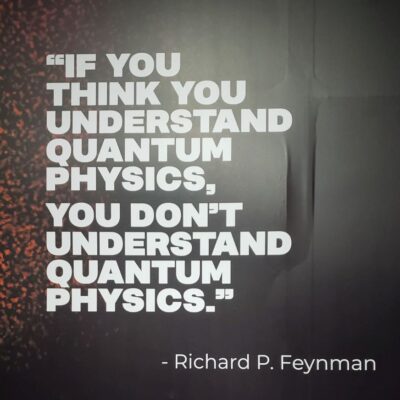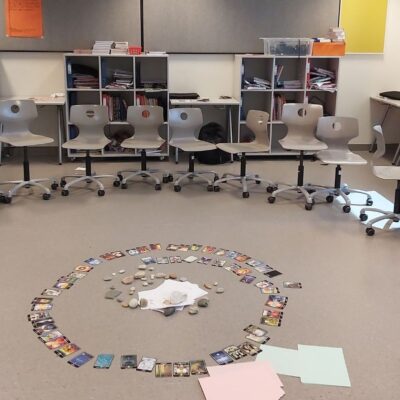
As part of a workshop I gave about learning to build conscious awareness of the power of your conduct as a leader, I offered participants the opportunity to reflect upon quotes about conduct, and someone brought in this one. It struck a chord with me.
That chord has been resonating ever since. The more I reflect the more I realize how it describes learning I’ve gained working with Genuine Contact. Learning about which I hadn’t been conscious and yet is central to what I value about this approach.
Let me start with conduct first. I’ve long been fascinated with the role of conduct in leadership. Conduct has simply been defined as “the manner in which a person behaves, especially in a particular place or situation.” (Oxford English Dictionary)
Your conduct is the most visible evidence of what you are putting into the world. Regardless of what is said, promised or imagined, it is the conduct of people that determines the true outcome. I’ve long been dedicated to developing consciousness of conduct as a way to support people who want to lead in ways that are life-nurturing. Becoming aware of conduct is especially important since unconscious inconsistencies and internal paradoxes cause our conduct to sometimes be out of alignment with our intentions. So the workshop focused on developing a way to uncover these paradoxes and work with them.
Watching Conduct Over Time
What I love about the quote above is that it takes a long view, focusing on “direction” and underlining the importance of observing the conduct of others over time. It points to the dynamic and developmental nature of developing appropriate conduct. This is the part that I realized is one of the invisible — up to now — skills I have honed by working with Genuine Contact.
Processes using the Genuine Contact approach can be edgy. They invite all who gather to be there fully and create a setting where that is possible. When you’re involved in things that are close to your heart and are engaging your passion, you’re not always at your most beautiful, eloquent or cooperative. You can be challenged in the way you express yourself. Words may be hurtful, people may say things that they regret. A person may express him/herself in a way that feels violent or wrong or counterproductive on their way to shifting their perspectives and expanding themselves. It is at these moments that the capacity to watch someone’s feet opens a door to wise decision-making about how to proceed. The words may not be perfect, but are people continuing to walk, however tentatively in the direction of a more life-nurturing reality? Are their feet moving toward a genuine connection, even if it doesn’t seem like it on the surface?
Observing Without Blame and Judgement
This discernment comes through honing the skill of observation without blame and judgment. It comes accompanied by the willingness to look at my own filters and judgments so that they don’t cloud the view. I realize that meeting people using Whole Person Process Facilitation and Open Space Technology has encouraged me to develop these skills in ways I could not have imagined. And one of those ways is by teaching me to notice and then trust the feet beyond the words.
Developing this type of listening and observation has made the difference when hearing people say — “this is impossible, I can’t do it anymore” — or — “I don’t believe that what we are doing has any life to it”. Or even, “I hate this stupid thing we are doing, I hate sitting here with you all, I am fed up.” It has meant that as a facilitator I can consciously able to quiet myself and not react directly to the words and observe the movement taking place. I have been humbled over and over again watching as those same people expanded themselves developing both the conduct and new words that do justice to the desires of the change they are creating.
Working with Genuine Contact has caused me to become deeply aware of my own conduct, noticing if it is in alignment with my deeper assumptions, values, and purpose and challenging me to make adjustments when needed. And it has also taught me a way to empathically and quietly learn to watch the conduct of others by listening to their “feet” when their words might not be sufficient. For this, I am deeply grateful.
*With gratitude to Rachel Bolton for bringing up this quote and to Ward Williams for teaching it to her.
Photo by Jake Hills on Unsplash









Leave a Reply